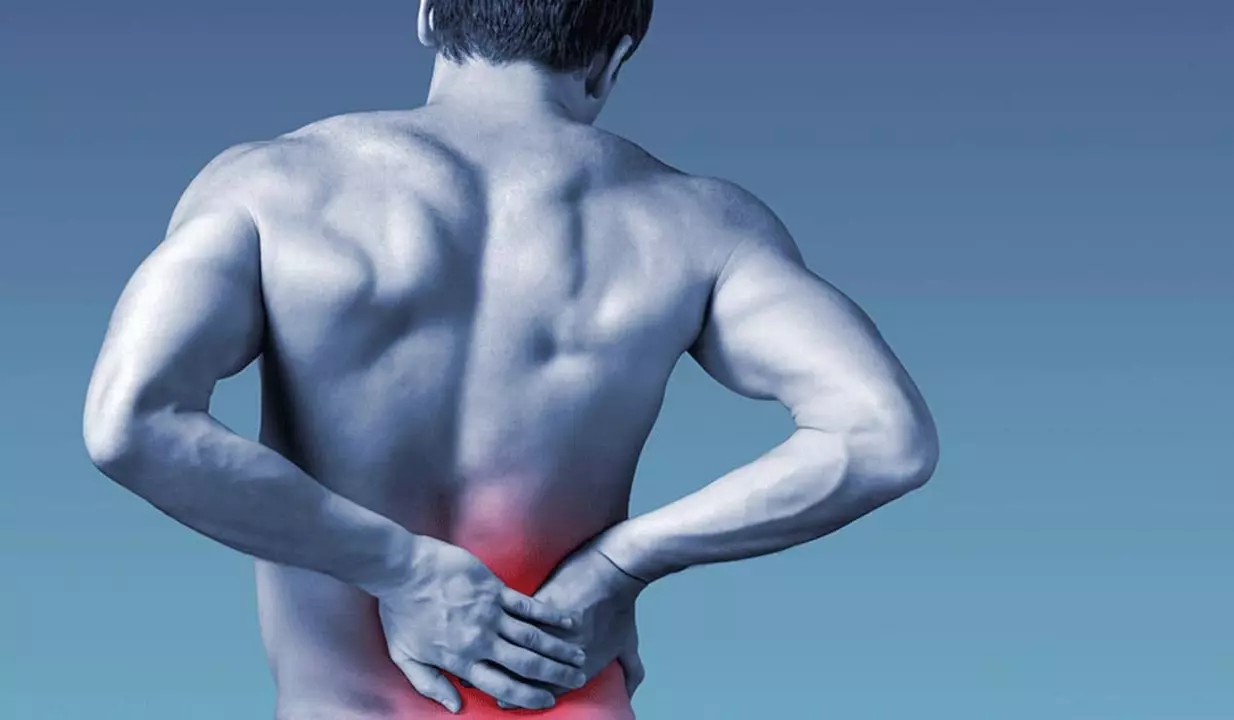Muscle stiffness: what it feels like and why it happens
Muscle stiffness is that tight, hard-to-move feeling after you’ve slept wrong, overdone a workout, or sat at a desk for hours. It can come from simple things like poor posture, lack of movement, dehydration, or delayed-onset muscle soreness after exercise. Some medicines (for example certain statins or antipsychotics) can also cause muscle aches or tightness. Most of the time it’s harmless and gets better with simple care.
Quick fixes you can try right now
Want relief fast? Start with gentle movement. Walk for 5–10 minutes to warm up tight muscles and boost blood flow. Alternate heat and cold: ice for a fresh injury (first 48 hours), heat for chronic tightness—use a warm towel or heating pad for 15–20 minutes. Try a few slow stretches: reach for your toes to loosen hamstrings, tilt your head side-to-side for neck stiffness, and open your chest by squeezing shoulder blades together gently.
Over-the-counter pain relievers like ibuprofen or acetaminophen can reduce discomfort for a short time. Topical gels or patches with menthol or diclofenac can help too. If you use any medicine, follow the label and talk to your doctor if you have other health conditions.
Simple stretches and routine tips that actually help
Do these stretches slowly and stop if pain spikes. Hold each for 20–30 seconds and repeat 2–3 times:
- Neck tilt: drop your ear to shoulder, then switch sides. Keep shoulders relaxed.
- Seated hamstring stretch: sit on the edge of a chair, straighten one leg, hinge at the hips and lean forward slightly.
- Hip opener: lying on your back, cross one ankle over the opposite knee and pull the uncrossed leg toward your chest.
Other daily habits: hydrate, take short movement breaks every 45–60 minutes at work, warm up before exercise, and sleep with a pillow that supports your neck. A foam roller or massage ball can release tight knots if you use them gently.
If stiffness keeps coming back, try a short strength routine to fix muscle imbalances—planks, glute bridges, and rows help posture. A physical therapist can show the exact exercises for your problem.
When should you see a doctor? If stiffness is sudden and severe, follows a major injury, comes with weakness, swelling, high fever, or dark urine, get medical help right away. Also see your doctor if stiffness lasts more than two weeks despite home care, or if medicines might be causing symptoms—your provider can check blood tests (like CK) or adjust prescriptions.
Most muscle stiffness improves with movement, simple stretches, heat, and short-term pain relief. Use these tips to feel better quickly, and ask a clinician if things don’t improve or if warning signs appear.

